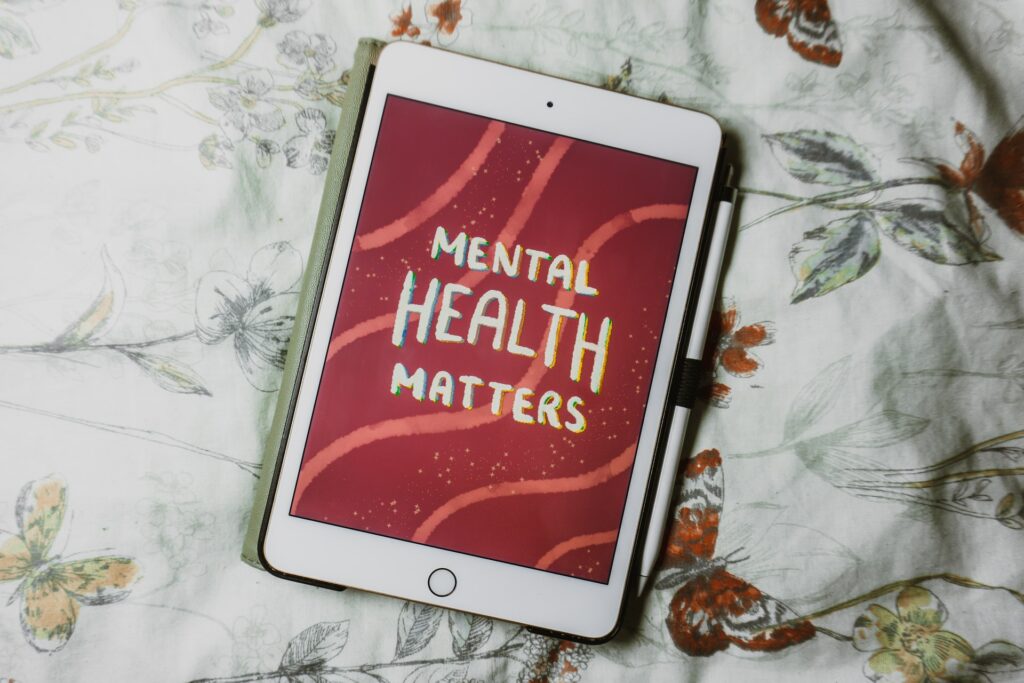
We are a reader-supported education publication. When you buy through links on our site, we may earn an affiliate commission to help us keep providing content.
The teenage years are ripe with changes. It’s challenging to differentiate emotional problems from outbursts caused by raging hormones and struggles for independence. However, it’s your job to identify potential problems as a parent.
How can you tell when your child’s behavior indicates something is wrong? Here are eight signs to look for to determine whether teenage emotional problems require an intervention.
1. Withdrawing From Friends and Family
Teenagers can be moody sometimes. However, they’re as inherently social as any other age group, sometimes more so. Please pay attention if they come directly home from school and go to their bedroom without showing any interest in getting together with friends or saying hi to other family members.
Withdrawing from others is frequently a sign of depression. More than a quarter of teens report signs of this mental disorder, and nearly as many have anxiety. The rates have doubled since the pandemic began, underscoring the devastating impact of disrupted school and extracurricular activities on mental health.
2. Declining Grades
Your child’s grades might decline for various reasons. For example, they could have a challenging class one semester that preoccupies their time, causing an overall decrease.
However, falling grades can also signify teenage emotional problems — meaning they deserve a dialogue. Please try not to be accusatory or punitive when you approach the conversation. Say something like, “I noticed that your grades are slipping a bit. Is something going on? I’m here to listen and help.” Then, do so, giving your child time to explain.
3. Sleeping Too Much or Too Little
Teenagers need more sleep than adults. According to the Centers for Disease Control and Prevention, those aged 13 to 18 should get between eight and ten hours of rest each night. They also tend to stay up later and sleep in longer each morning.
However, pay attention if your child’s 11 a.m. wakeup time moves to 2 p.m. Likewise, initiate a conversation if you notice them falling asleep earlier than usual or taking excessive daytime naps.
4. Eating Disturbances
Many teenagers have voracious appetites. Their bodies need extra fuel to power through rapid developmental changes. However, anxiety and depression can cause changes in appetite. Take note if your child begins skipping meals.
Such behavior could also indicate a different teenage emotional problem — an eating disorder. Roughly one in ten teen girls develops an unhealthy obsession with their diet and weight. Anorexia and bulimia can kill, so please take immediate intervention if your child drops a significant amount of weight or makes comments about being fat despite a healthy appearance.

5. Truancy and Misbehavior
Many children occasionally skip school as part of adolescent rebelliousness. However, this behavior can result in severe academic consequences, possibly endangering their future. Consider it a warning sign if it happens more than once or twice.
Likewise, take heed if the child who once received high praise for behavior starts getting in trouble. Acting out can signify deeper problems, like unresolved trauma, and requires treatment and patience. Harsh punishments can sometimes worsen an already bad situation by alienating your teen, reinforcing their belief that no one understands them or cares.
6. Promiscuity
Teens mature at different rates. If your 16 or 17-year-old is in a committed relationship, you might discuss their birth control options and help your child obtain their preferred method. At the very least, you should have “the talk.”
However, having multiple sexual partners can signify trouble — and not only if your child contracts a disease or becomes pregnant. Many sexual assault survivors engage in such behaviors to win approval. Overcoming sexual trauma often requires therapeutic intervention.
7. Signs of Drug and Alcohol Use
Many teens experiment with drugs and alcohol, but that doesn’t make the behavior less unsafe. What’s more worrisome is how these substances affect their developmental trajectory. Changes in their prefrontal cortex during adolescence govern memory and impulse control — damage to this region can result in risky decision-making.
The signs of alcohol and drug use mirror other teenage emotional problems. You’ll probably notice either social withdrawal or a connection with a new circle. They may also engage in risky, even criminal behaviors to obtain their substance of choice. Pay attention if you start noticing money disappearing from your wallet or valuables turning up missing.
8. Suicidal References or Self-Harm
Suicidal references always require intervention. If your child talks about harming themselves, or you notice behaviors like cutting, please stop and talk. Stay with them until the crisis passes and remove any objects they could use to hurt themselves from the immediate area.
You can reach out to the National Suicide Prevention Hotline at 833-456-4566. You or your teen can also text 741-741 to chat with a trained volunteer. These temporary interventions are no substitute for professional assistance. Please recognize your child’s suicidal references as a cry for help and seek a qualified therapist.
Recognizing Teenage Emotional Problems
The adolescent years come with plenty of turmoil, and it can be challenging to know what constitutes normal behavior. However, you have a duty as a parent to pay attention to signs of teenage emotional problems in your child. If you recognize any of the above behaviors, please seek professional therapeutic help.









